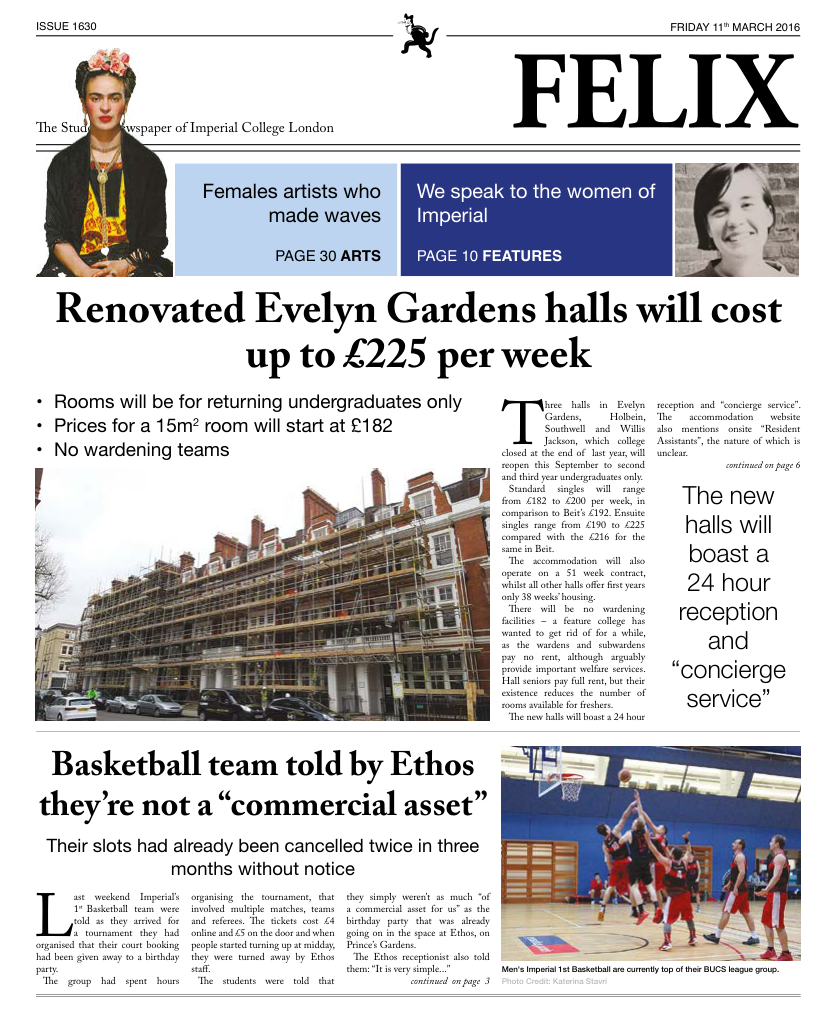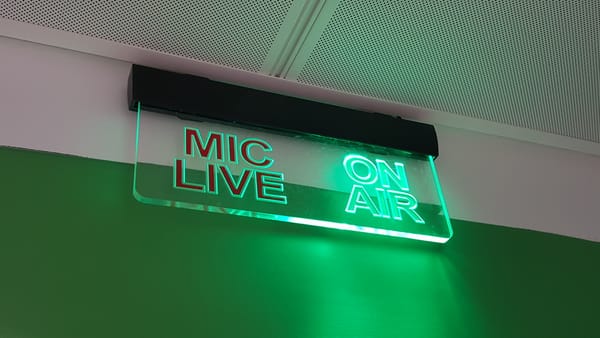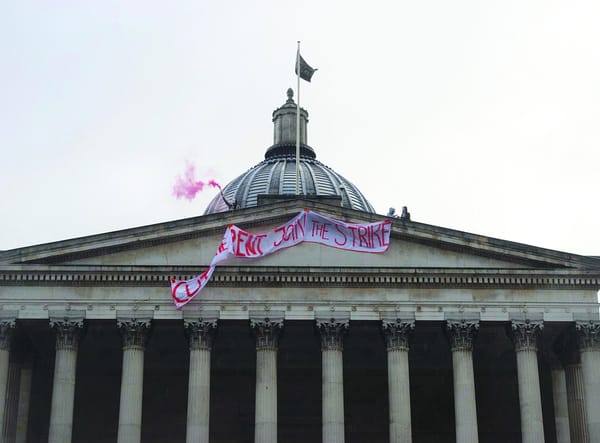What’s happening to union council?
Nobody knows what it is

At this week’s union council a paper was tabled... on the problems faced by union council.
Only two meetings so far this academic year have been quorate, rendering the democratic outlet for students ultimately useless.
The paper, entitled ‘Solving Council’s Quorum Crisis’, proposed to discount members from quorum who continually did not show up to meetings, and allow them to discount themselves in writing. These measures would involve a change to the bye-laws of the union.
The meeting, which was quorate, voted in favour of the measures, in a majority of 54%. However, changes to the bye-laws or constitution of the union need a so-called ‘super-majority’ of 66%, so it did not pass.
Had it passed, the bye-law-changing paper would have had to be okayed by the union’s trustee board (where voting is by ‘consensus’ rather than actual voting and includes union management as well as officer trustees). It would then have to be sanctioned by the Imperial College Council to become ‘union law’.
Arguably the main big decisions are made by union employees at trustee board level
Although the paper did not pass, the majority of those present did agree with the sentiment, so a working group will be set up to work towards improving the situation.
Council is the first port of call for anyone who thinks the union should take a stand on a particular subject, whether that be pro-Junior Doctors or anti-Prevent. Technically it is where the union’s policies are decided by students, but arguably the main big decisions are made by union employees at the trustee board level.
Anyone can attend council, but only elected individuals can vote for or against the papers presented. There are representatives from each department, lay members and the executive group chairs also get a vote.
Imperial’s council in the past has seen votes of no confidence against sabbatical officers, and one vote where the union decided it was in favour of the government’s raising of tuition fees.
Often dismissed as the playground of union “hacks”, council has an unpleasant reputation for being a slightly unruly meeting of people who would rather argue over points of the constitution than vote about the issues faced by students.








